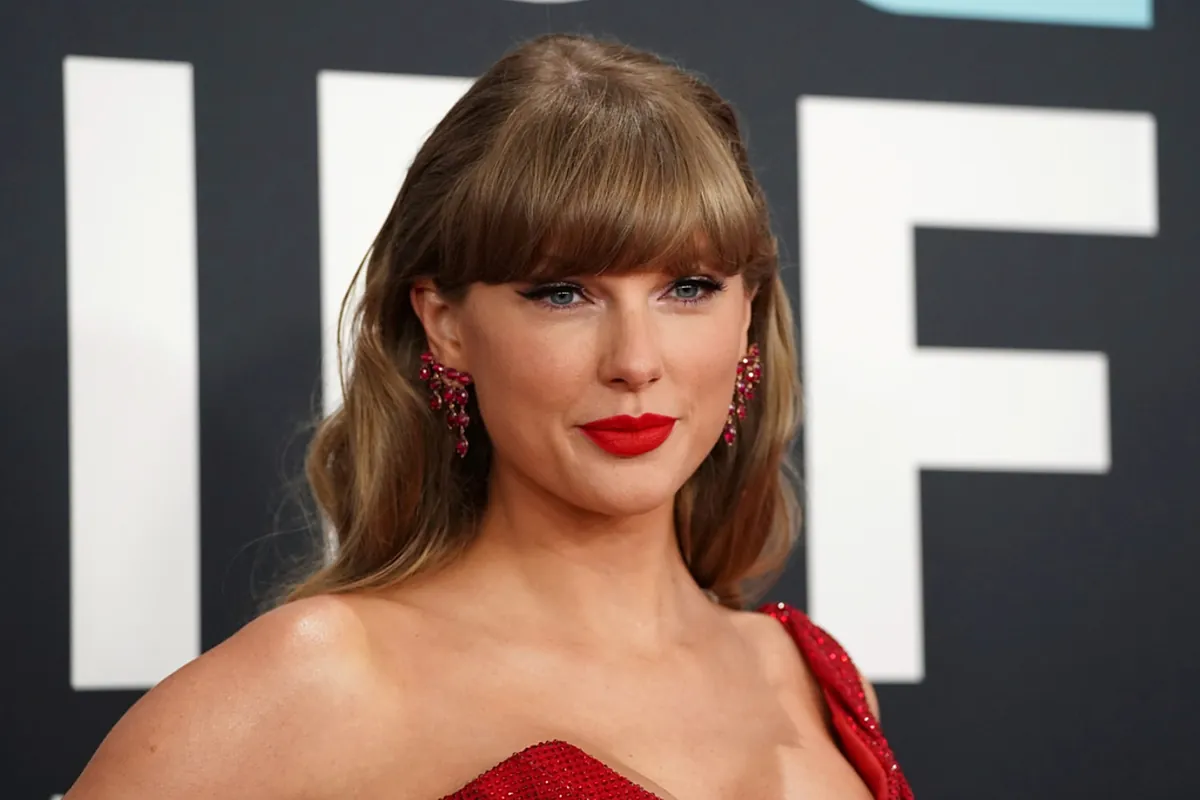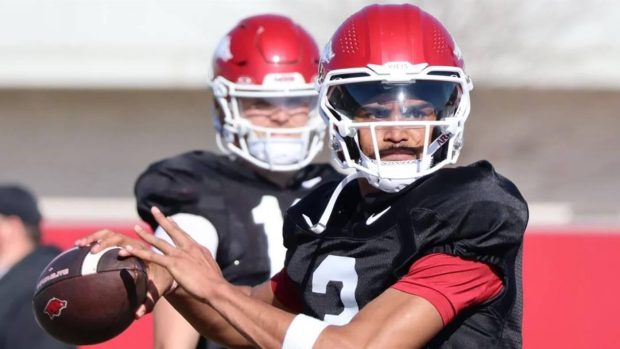

A Florida-based poet is once again attempting to sue Taylor Swift for copyright infringement, his time for $30 million, but says she can’t locate the pop star to deliver court papers.
The legal complaint, filed earlier this month, accuses Swift and her production company of unlawfully using the poet’s work across several hit albums.
Taylor Swift is caught lying on live tv during Jimmy Fallon’s visit in a resurfaced video
The Tortured Poet’s dilemma
The plaintiff, Teresa La Dart Marasco, claims Swift’s elevated public profile, tight security measures, and multiple homes are making it nearly impossible to serve her with legal documents.
This mirrors Marasco’s earlier 2023 case, which was dismissed for similar reasons due to lack of proper service.
In new court documents, Marasco accuses Swift and Taylor Swift Productions of incorporating her poetry into songs and videos from albums including Lover, Folklore, Midnights, and The Tortured Poets Department.
She is seeking a combined $30 million in damages, alleging a “pattern of intellectual property theft.”
Marasco says her suspicions were first raised after attending a performance during Swift’s2024 Eras Tour.
“That is when she discovered the infringement and went back to her earlier albums to check other songs since there were so many found,” the lawsuit states.
Despite the seriousness of her claims, the suit does not specify which lyrics or visuals were allegedly copied.
Swift’s legal team has already moved to dismiss the case, calling the allegations meritless.
A spokesperson for the singer has yet to comment.
Still, Marasco insists the biggest hurdle is simply getting the case off the ground.
“Extreme difficulties” in serving Swift are preventing any progress, she says, blaming the pop icon’s extensive security and elusive lifestyle.
“It’s impossible without court assistance,” she adds.
She has asked the court to clarify how long she has to properly serve Swift before the case is at risk of being tossed out once again.
While she’s open to resolving the matter directly, Marasco also says she’s prepared to refile or appeal if her complaint is dismissed.
Copyright law limits claims to a three-year window from when a plaintiff becomes aware of an alleged violation.
Attorneys argue this timeline disqualifies much of Marasco’s case, particularly since the albums cited were released before 2021.
For now, the case remains in limbo, hinging on whether Marasco can find Swift before time runs out.
This news was originally published on this post .











Be the first to leave a comment